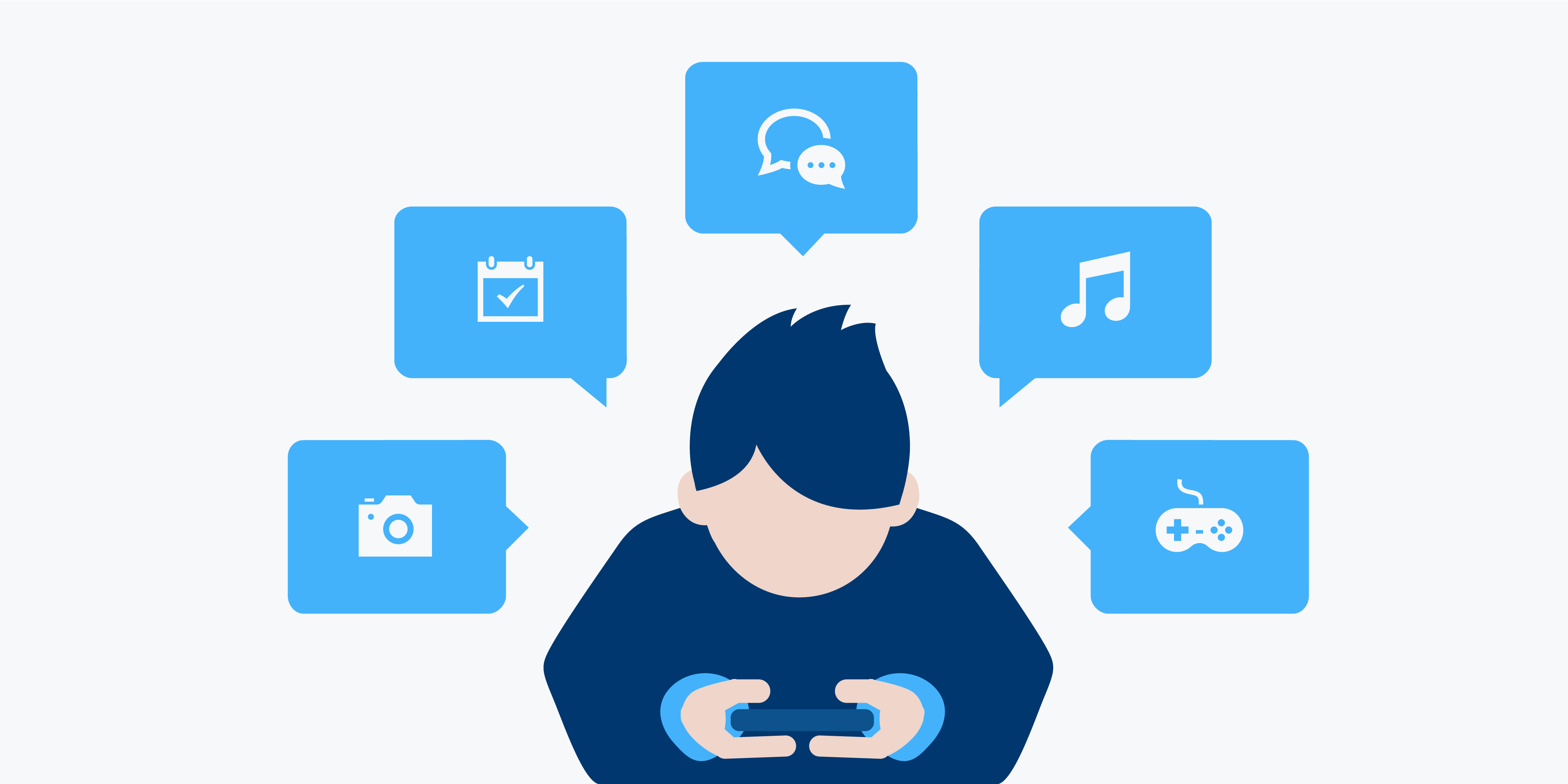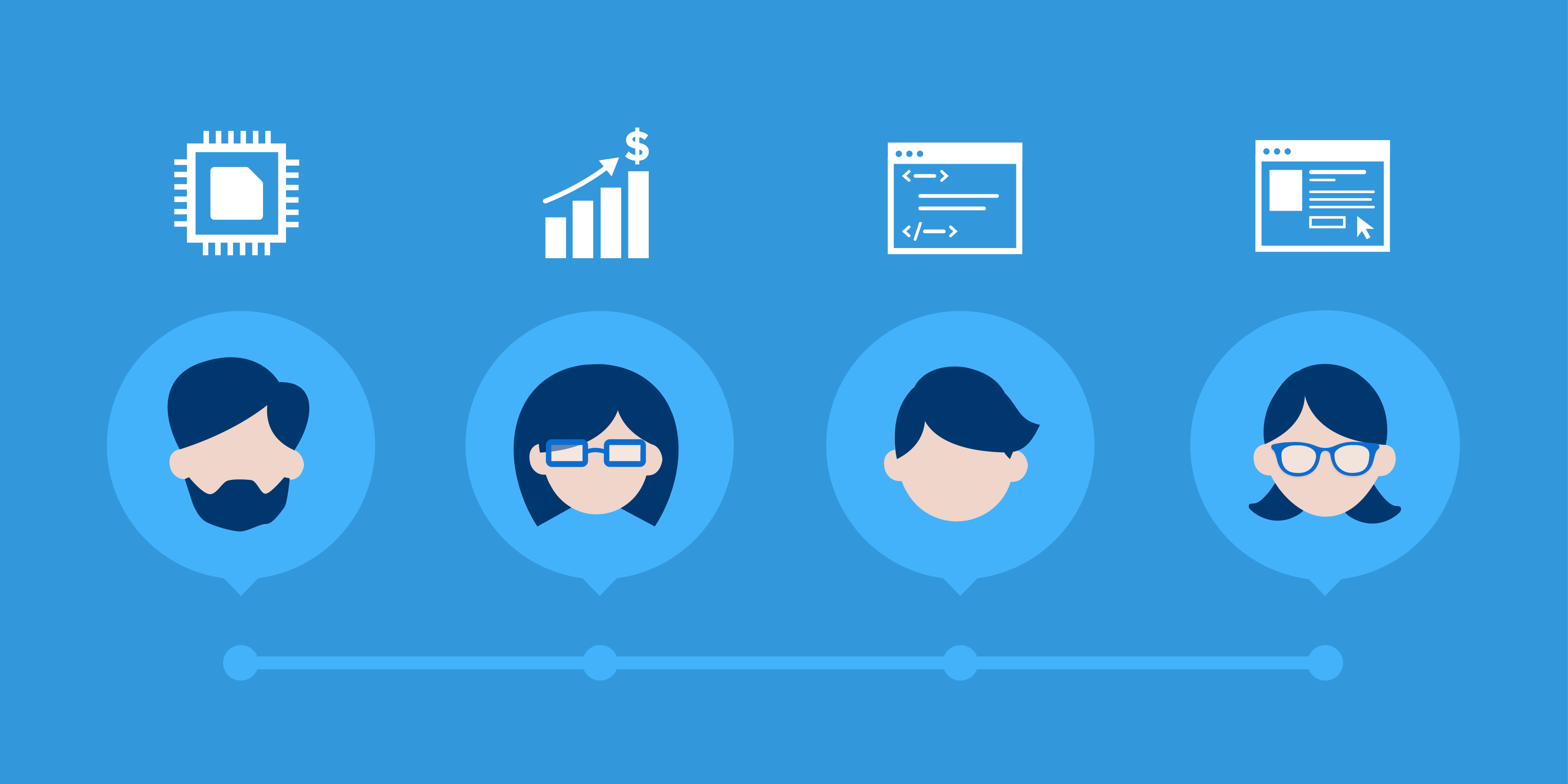You Want A Phone, But You Don't
When my son started middle school, he asked my wife and me for a phone. Since he was going to be walking to school, Lisa and I decided yes to this luxury. Our reasoning was not because he was now older or more responsible but because we wanted to be able to contact him! When I offered him one of my old Nokia handsets, which is still a great phone, he nearly lost his life. 'That's a dinosaur Dad! It's as useless as a flip phone!'
For a kid, having the ability to contact your parents is not the reason to ask for a phone. My old Nokia or StarTac handsets were cool phones in their time. Call quality was great but let's face it, predictive text? That's an alien concept to anyone whose baseline is a smartphone. Who remembers trying to text, while waiting and hoping for a 28.8 kbps internet connection handshake to happen? Hmm...do you want to go back?
Some very successful people still rock the flip phone! But let's face it, this is not a product or a fashion accessory that will come back into vogue for the masses. It's not what people want when they ask for a phone today.
Enter the Experience Era

Experiences like this get me thinking about what makes us use one product vs. another. And, how has our appreciation of innovation changed from an end user perspective?
Mobile phones are now multi-use devices. We don't say 'where's my entertainment, communication, and personal or business computing device?' What we want is a device that delivers all these needs wrapped in best experience possible. Yes, most of us have morphed into needy people. We need to be productive, efficient, entertained. We expect things to work. We expect and from a consumer perspective, demand a great experience in the process.
How Did We Get Here?

Hardware engineering and companies like Fairchild Semiconductors started off the Valley ecosystem. Mike Markkula, an angel investor and the second CEO of Apple, made his mark at Fairchild and Intel. He worked in marketing, but he had a degree in electrical engineering. Historically, product leadership in companies such as Fairchild and Intel centered around Hardware Engineers. Having engineers as the Product Managers' made sense due to the complexity of their products and the innovation they were driving. Building a chip requires a level of experience that's lost on many from a software programming perspective.
The rise of the business and then the home computer started to bring software into its own. The ascension of the Software Engineer and their leadership era began. Companies like Microsoft and Netscape began to shift the pendulum. Bill Gates may have started off as a programmer, but it was his business focus and leadership that made Microsoft.
When the internet made its way into our homes, MBA's got into the product leadership act to try to sell us more stuff. The big portals like AltaVista, Yahoo, and others introduced more aggressive digital marketing systems. Ads were everywhere! The 'business person' now drove the product definition with more and more ad units.
But then we saw the revenge of the nerds. Google was born, and data accumulation with better algorithmic search became king. With targeted ads and more efficient algorithms, the programmers returned with their analytical efficiency. Organize the data, sell more ads. Computer Science grads become the new ad men and also the Product Leads. In 2001, Larry Page tried to fire all managers with technical reports. The reason? Engineers should not be supervised by people with limited technical knowledge.
Next came a kid in a hoodie. Mark Zuckerberg was a program engineer but he also heralded in the concept of a company being a product. Facebook had learned from all the waves and companies that have come before it. Engineering was not enough. Ship product enhancements that focus on connecting people through news and experiences.
Lastly, no timeline about consumer product cannot refer Apple; the former outlier turned golden child. There's no denying that Apple makes great products. Their first foray was not a success, and it was Microsoft who rescued them with a $150m cash injection. Apple is, however, a great product design company. Their products are easy to use and reflect their focus on the user first, not as an afterthought. No product manuals needed. In many ways, Apple took engineering, design, and marketing to another level. Apple Product Leads understand the overall package and convey the experience to be created. It's a formula that worked, and many try to emulate.
Design Is the Differentiator
The world is now wired for great design and craves the speed and simplicity of a great experience. Successful products layer complexity to ensure a low cognitive load for users. People demand a great experience whether in work or personal situations. This is an evolution in the mindsets of both the manufacturer and the consumers. People such as Simon Sinek have talked about this concept and starting with why as opposed to the what or how. This evolution towards the experience also leads to a need for new types of product leaders. The question is no longer, does it work but how can the experience be better for the user.
Humans are visual creatures, remembering more about experiences and feelings, than written details. We've all heard about the importance of storytelling and bringing people on a journey. So, how has the role of the product leader evolved and where is it all going?
Who's Behind the Wheel Now?

The pace of change in the world of tech continues to speed up. People have more choices than ever before. Loyalty is fleeting! People want everything to be well designed and to reflect who they are. Apple got people to appreciate the experience created by their products. Today, apps, products, or websites need to have the best experience or people will move on. Design driven companies are outperforming the market. Just look at the success of businesses like Slack, Airbnb, and others.
If you were going to design a house, who would you want to be the lead, the builder or the architect? This brings up a lot of interesting questions from a software product creation perspective. If the product experience is now the differentiator, who should be leading the product charge? Who is most qualified to balance all the key factors required to build a product and business?
This journey leads us to a group with limited experience in leading, but loads of potential. A group that lacks the alumni network at executive levels. A group that does, however, bring new and essential skills to the table. Please welcome the Designer to the Product Leadership table. Hardware Engineers, you built and continue to build amazing objects. Software Programmers, we'll continue to need your skills to make features operational and efficient. Business person, you taught us how to be more revenue focused. But, times have changed again, and this isn't a revenge of the nerds' situation. Yes, software may eat the world but this is more introspective. Design just ate your software!
Designers, the baton is being waved in your face to become the Product Leads. You can create the businesses and the experiences people will care about.
It's up to you to take it. Are you up for it?
